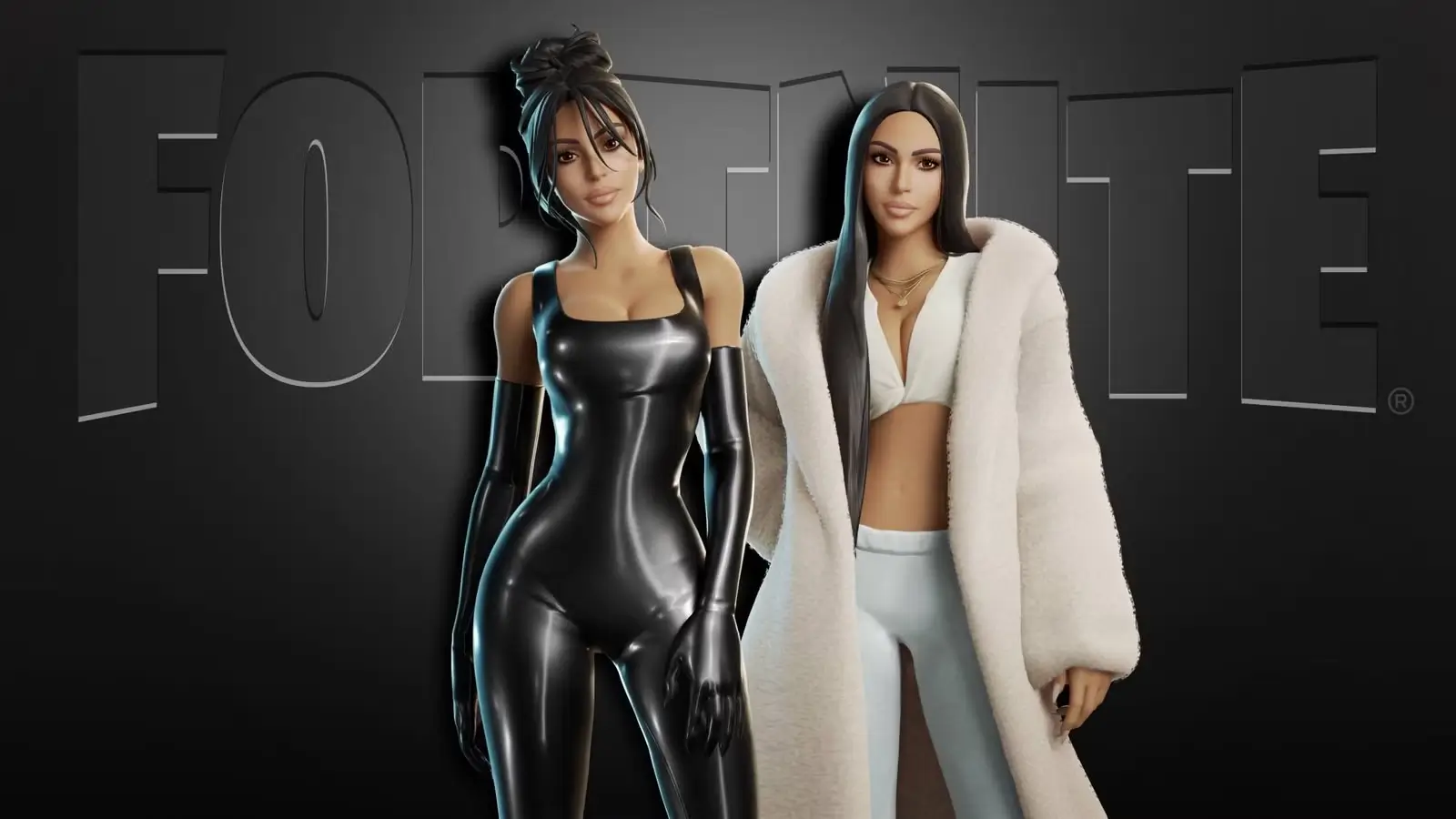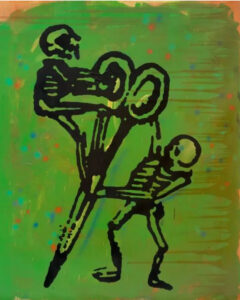Drake has long been one of the most influential figures in hip-hop and popular music. Over the years, he has mastered the balance between rap and R&B, shifting seamlessly between braggadocious anthems and vulnerable, melancholic storytelling. However, his most recent solo release, For All the Dogs (2023), received a mixed response from critics and fans alike, with some praising its sound while others felt it lacked depth.
Now, Drake is promising something different. His next solo album, which he describes as a “one-on-one” conversation, appears to be a response to the criticisms of his recent work and a potential return to the intimate, introspective style that first catapulted him to stardom. But what exactly does this promise entail, and how does it fit into his broader career narrative?
Drake’s Career Evolution: From Mixtapes to Global Dominance
To understand why this upcoming album is such a pivotal moment, it’s important to revisit Drake’s evolution as an artist.
Early Career and Rise to Fame
Drake’s first major mixtape, So Far Gone (2009), established him as an artist who blended rap with R&B in a way that felt fresh and personal. His breakout hit, “Best I Ever Had,” was as much a love song as it was a flex, setting the tone for his career. He followed this with Thank Me Later (2010) and Take Care (2011), the latter of which is widely regarded as one of his best albums. Take Care saw Drake fully embrace his emotional, introspective side, crafting songs that felt deeply personal yet widely relatable.
Commercial Peak and the Formulaic Approach
Over the next decade, Drake mastered the art of hit-making. Albums like Nothing Was the Same (2013), If You’re Reading This It’s Too Late (2015), Views (2016), and Scorpion (2018) cemented his dominance. However, as he continued to churn out successful projects, some critics and longtime fans began to feel that he was sticking too closely to a formula—blending catchy hooks with flex-heavy verses while avoiding the kind of deep introspection that characterized his earlier work.
Recent Albums and Mixed Receptions
Drake’s last few projects have faced increasing scrutiny. Certified Lover Boy (2021) was seen as a safe, somewhat uninspired album, while Honestly, Nevermind (2022) was a surprising shift toward house music but failed to resonate with all of his fanbase. Her Loss (2022), a joint album with 21 Savage, was well-received for its energy but lacked the emotional depth some fans crave.
Then came For All the Dogs (2023), an album that seemed to promise a return to Drake’s emotional side but instead felt inconsistent, with some songs showcasing classic Drake vulnerability while others felt like generic hits. The response suggested that fans were growing tired of surface-level introspection and wanted something more genuine.
The Kendrick Lamar Feud and Drake’s Artistic Crisis
One of the biggest turning points for Drake’s career in the last year was his highly publicized feud with Kendrick Lamar. The two have taken shots at each other for years, but in 2024, Lamar released “Not Like Us,” a diss track that hit harder than expected.
Lamar accused Drake of being formulaic, out of touch, and more concerned with hits than artistic growth. This struck a nerve, as it echoed criticisms that had been growing louder for years. In the aftermath, Drake attempted to reframe the conversation by sharing deeply personal content through “100 Gigs for Your Headtop,” but many felt it was a defensive move rather than an artistic statement.
Now, with this upcoming album, Drake has an opportunity to truly address these criticisms and prove that he still has the ability to craft meaningful, introspective music.
What Does a “One-on-One” Conversation Mean?
Drake’s promise that his next album will be a “one-on-one” conversation suggests a few things:
More Personal Storytelling
Throughout his career, some of Drake’s most beloved songs have been deeply personal—tracks like “Marvins Room,” “The Ride,” “Do Not Disturb,” and “The Motion” offer a window into his life, relationships, and struggles. If his next album truly follows this approach, fans can expect a return to this level of honesty.
A Response to Critics and Kendrick Lamar
Given the backlash he has faced, this album could serve as a direct response—not just to Lamar, but to all those who have questioned his artistic direction. A more reflective, stripped-down album could allow him to reclaim his narrative.
Fewer Features, More Intimacy
Drake’s recent albums have often been packed with features, sometimes diluting his own presence. If this album is meant to feel like a conversation, we may see fewer guest appearances and more focus on his own voice.
A Shift in Production Style
A more introspective album might also bring a shift in sound. Instead of chasing trends, he may opt for more subdued, atmospheric production reminiscent of Take Care or Nothing Was the Same.
The Industry’s Expectations and Cultural Context
Drake’s next album will also arrive at a time when hip-hop is evolving. In recent years, the genre has seen a shift away from traditional rap albums in favor of shorter, viral-friendly projects. Artists like Kendrick Lamar and J. Cole, who have focused more on storytelling and thematic depth, have received praise for their approach.
Meanwhile, younger artists like Lil Baby, Rod Wave, and Brent Faiyaz have carved out space by embracing emotional vulnerability in their music. If Drake’s upcoming album truly delivers on its promise of personal storytelling, it could be a way for him to reclaim his influence in this shifting landscape.
Challenges and Risks
While this album presents an opportunity for artistic redemption, it also comes with risks:
• Skepticism from Fans and Critics: Some may question whether Drake is truly evolving or just responding to criticism in a calculated way.
• Avoiding Redundancy: If he revisits familiar themes without offering new insights, the album could feel like a retread of past work.
• Commercial Performance vs. Artistic Integrity: Drake has built his career on hit-making, and a deeply personal album might not generate the same level of chart success.
What Could Success Look Like?
For this album to be successful, it doesn’t necessarily need to top the charts—it needs to reconnect with fans on a deeper level. If Drake can deliver a project that feels honest, introspective, and free from industry-driven expectations, it could mark a turning point in his career.
Think of albums like Kanye West’s 808s & Heartbreak or Jay-Z’s 4:44—both were departures from their creators’ usual styles and were initially met with skepticism but are now regarded as some of their most significant works. If Drake is willing to take that kind of creative risk, this album could be a defining moment.
The Opportunity for Reinvention
Drake’s next solo album is more than just another project—it’s a response to criticism, an attempt to redefine his artistic identity, and potentially, his most personal work in years. The promise of a “one-on-one” conversation suggests a return to the authenticity that made fans connect with him in the first place.
Whether he succeeds will depend on how willing he is to step away from the commercial formulas that have defined his last few albums and embrace true vulnerability. If he does, this album could not only silence critics but also cement his legacy as one of hip-hop’s most enduring artists.
As fans and the industry wait for its release, one question remains: will Drake truly open up, or will this be another carefully curated version of himself? Only time will tell.
No comments yet.








